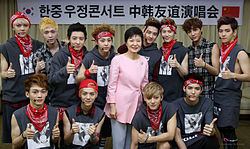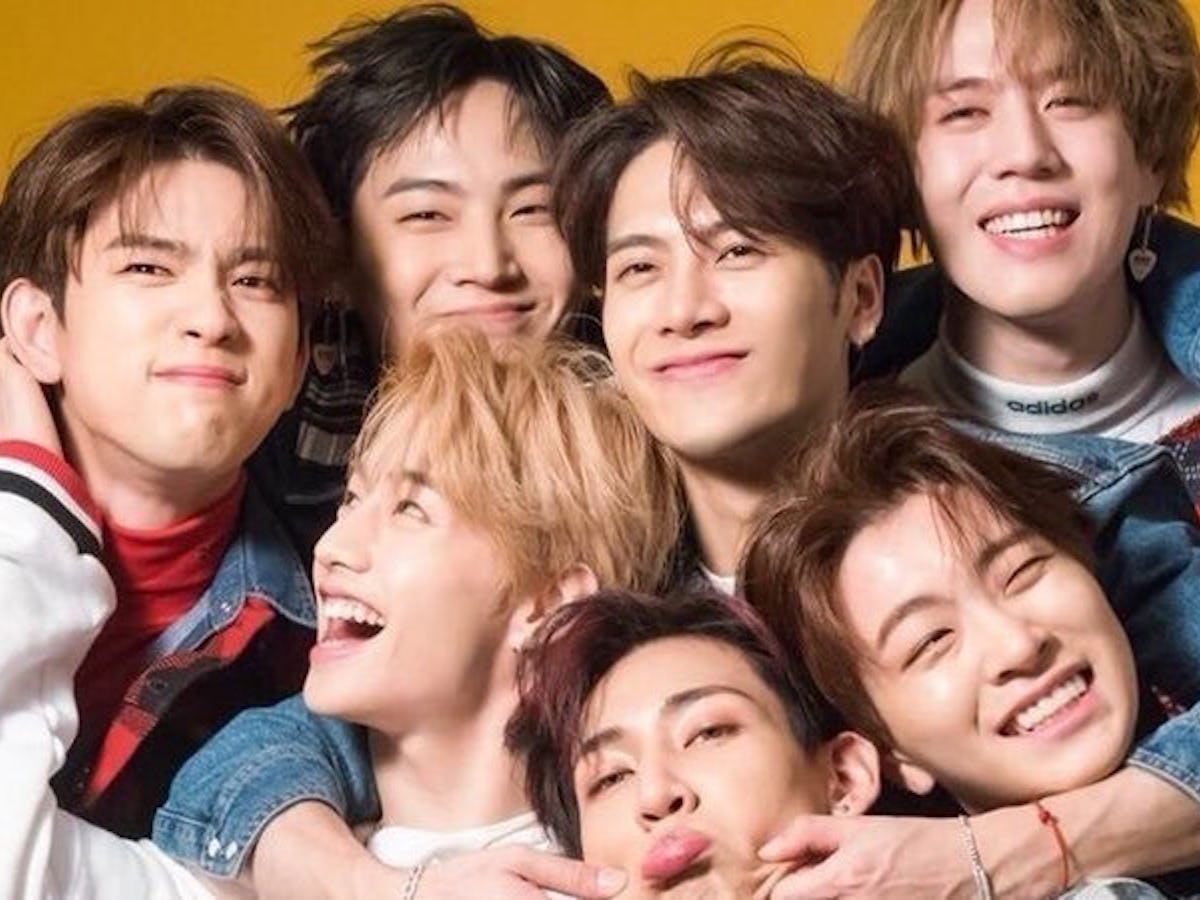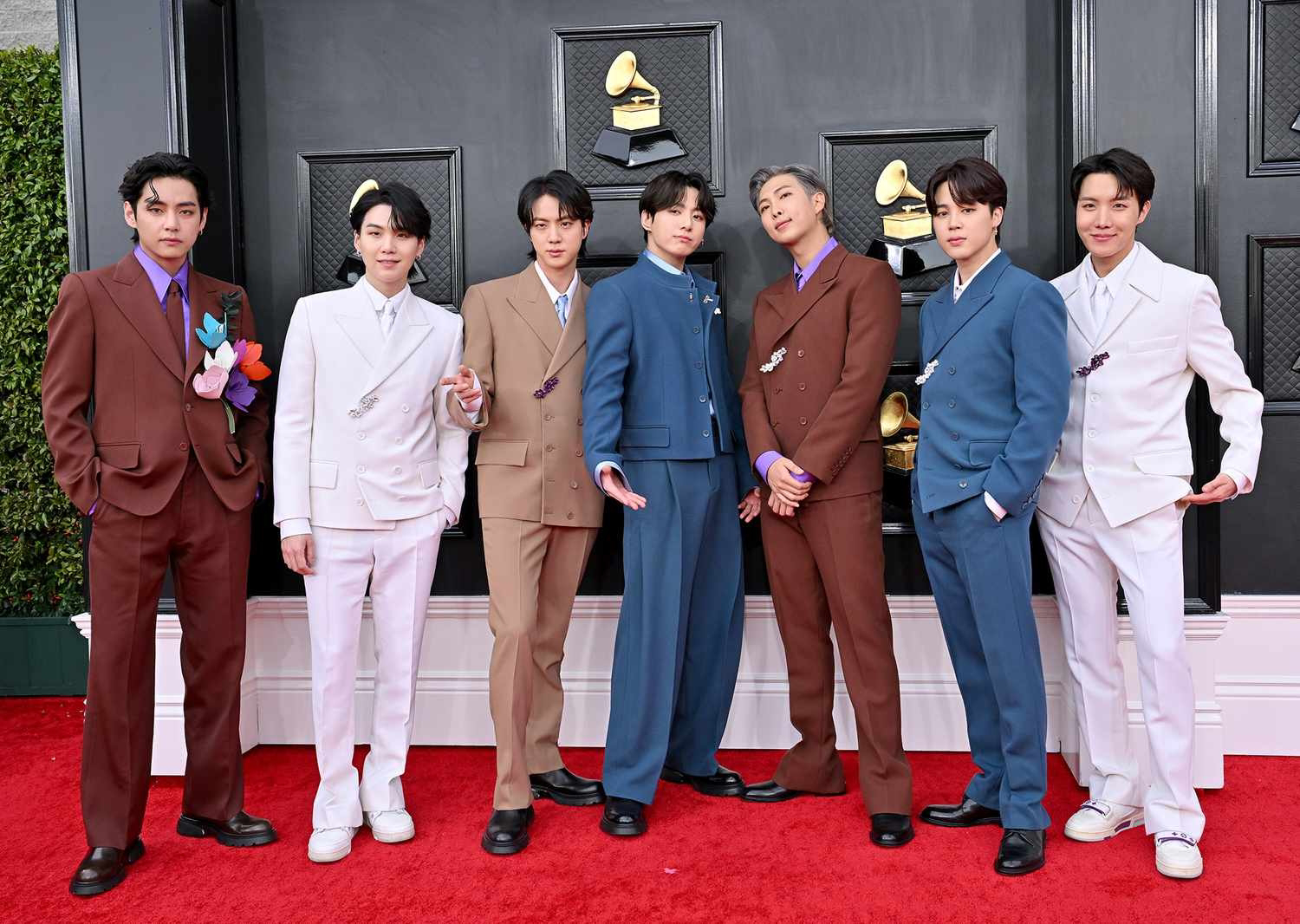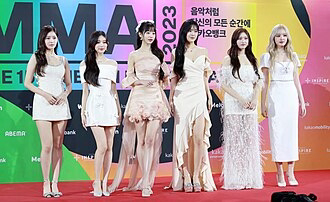The Dark Side of the K-Pop Industry: Behind the Glitz and Glamour
The Dark Side of the K-Pop Industry: Behind the Glitz and Glamour
The K-pop industry has taken the world by storm. With captivating visuals, jaw-dropping choreography, and catchy tunes, it seems like a dream world of fame, beauty, and success. But behind this shiny surface lies a much darker reality — one filled with exploitation, mental health struggles, extreme pressure, and unrealistic beauty standards.
Let’s peel back the curtain and explore the less-talked-about side of the K-pop world.
1. Harsh Trainee System: Dreams Built on Sacrifice
Becoming a K-pop idol is no easy journey. Most idols start training at a very young age, some even as young as 10 or 11. They are recruited by entertainment companies and sign exclusive trainee contracts. From that point on, their life becomes a rigorous cycle of singing lessons, dance practices, language training, strict dieting, and often schooling on the side.
Trainees practice for 12–16 hours a day, and only a tiny fraction of them actually debut. Even after debut, success is not guaranteed. Many trainees spend years training and then get dropped without ever stepping on a stage.
They’re also often tied into “slave contracts” — long-term, heavily one-sided agreements where the agency takes full control of their life decisions and earnings.
2. Extreme Beauty Standards and Plastic Surgery
The K-pop industry idolizes a particular aesthetic: slim body, V-shaped face, double eyelids, pale skin, and a "cute yet sexy" image. These unrealistic standards push idols, especially females, to undergo strict diets and sometimes plastic surgery.
Many companies encourage or even force idols to undergo cosmetic procedures before debut. Weight is constantly monitored, and some idols are even banned from eating more than 300–500 calories per day. Others have admitted to surviving on just water or sweet potatoes for weeks.
This toxic culture doesn’t just affect idols — fans also begin to adopt similar body image issues, promoting an unhealthy cycle.
3. Mental Health Crisis and Suicide in K-Pop
Mental health is a taboo topic in South Korea, and many idols silently suffer from anxiety, depression, burnout, and even suicidal thoughts.
Over the past decade, several high-profile idol suicides have shocked the world:
Jonghyun (SHINee) tragically took his life in 2017, leaving a heartbreaking letter about how he felt "broken inside" despite all his success. Sulli, a former member of f(x), died by suicide in 2019 after enduring years of online hate and social pressure. Goo Hara, Sulli’s close friend and a fellow idol, followed shortly after, also ending her life the same year.
These deaths highlight how deeply idols struggle under the weight of fame, societal expectations, and relentless online harassment — often without proper mental health support.
4. Sexual Exploitation and Power Abuse
One of the most disturbing aspects of the industry is how vulnerable young idols are to exploitation by those in power — executives, managers, or older celebrities.
Scandals like the "Burning Sun" case (involving Big Bang’s Seungri) revealed a horrifying underbelly of the K-pop elite — where sex trafficking, drugs, illegal filming, and bribery were rampant.
There are also unconfirmed stories of female idols being forced into dates or "sponsorships" with rich businessmen or political figures to secure promotions or opportunities.
This power imbalance leaves young, often underage idols at the mercy of their agencies.
5. Fan Control and No-Dating Rules
In K-pop, the fanbase holds tremendous power — and companies know it. That’s why many idols are banned from dating, especially in the early years of their career. Agencies fear that if an idol is seen in a relationship, fans (especially obsessive ones) will lose interest or "feel betrayed."
This no-dating culture treats idols like fantasy objects rather than real people with feelings. Some fans even go as far as stalking their favorite idols (called “sasaeng fans”), sending them threats, or hacking their private data.
The result? Idols live under constant surveillance, afraid to form genuine connections, friendships, or romantic relationships for fear of scandal or backlash.
6. Toxic Fan Culture and Online Hate
K-pop fandoms are incredibly powerful, organizing massive streaming parties, voting events, and defending their idols on social media. But this power can turn toxic.
Idols are often criticized mercilessly for even the smallest mistakes — a facial expression, a wrong answer in an interview, a political opinion, or even gaining a little weight. This can lead to massive hate campaigns, cyberbullying, and calls to cancel them.
Even fellow idols sometimes become victims of fan wars, where fandoms attack rival groups instead of spreading positivity.
7. Lack of Freedom and Human Rights
Idols are often controlled in every aspect of life:
What they wear How they speak What they post on social media Who they talk to Even their sleep schedules and phone access
In many cases, they don’t get paid fairly either. Agencies deduct the cost of training, food, accommodation, styling, and transportation from their income, meaning some idols don’t see real money until years after debut — if at all.
8. The Pressure of Perfection
The image of a K-pop idol must be flawless at all times. They are expected to smile through exhaustion, perform while injured, and maintain a positive, cheerful image 24/7. This pressure to be perfect is emotionally exhausting and unsustainable.
Idols can’t show anger, sadness, or vulnerability. They are trained to hide pain and pretend that everything is fine, even when their mental or physical health is at risk.
This fake perfection leads many fans to believe that idols “have it all,” when in fact they are constantly battling inner turmoil.
What Needs to Change?
The K-pop industry isn’t all bad — it has produced global stars, beautiful music, and positive cultural influence. But the system behind the scenes needs urgent reform.
Here are a few steps that can help:
Stricter labor laws to protect young trainees Fairer contracts with better wages Mandatory mental health support for idols Zero tolerance for sexual abuse and harassment Respect for personal boundaries and freedom Promoting healthy body image Encouraging fans to be more understanding and less obsessive Final Thoughts
K-pop is not just entertainment; it’s a billion-dollar machine built on the backs of young dreamers. While we enjoy the music, the dance, and the fantasy, we must also acknowledge the pain many idols go through to make it to the stage.
True fans will love their idols not just for their image — but for their humanity. It’s time we support a healthier, safer, and more respectful environment for the artists we admire so deeply.
Written by Arpita Pandey













